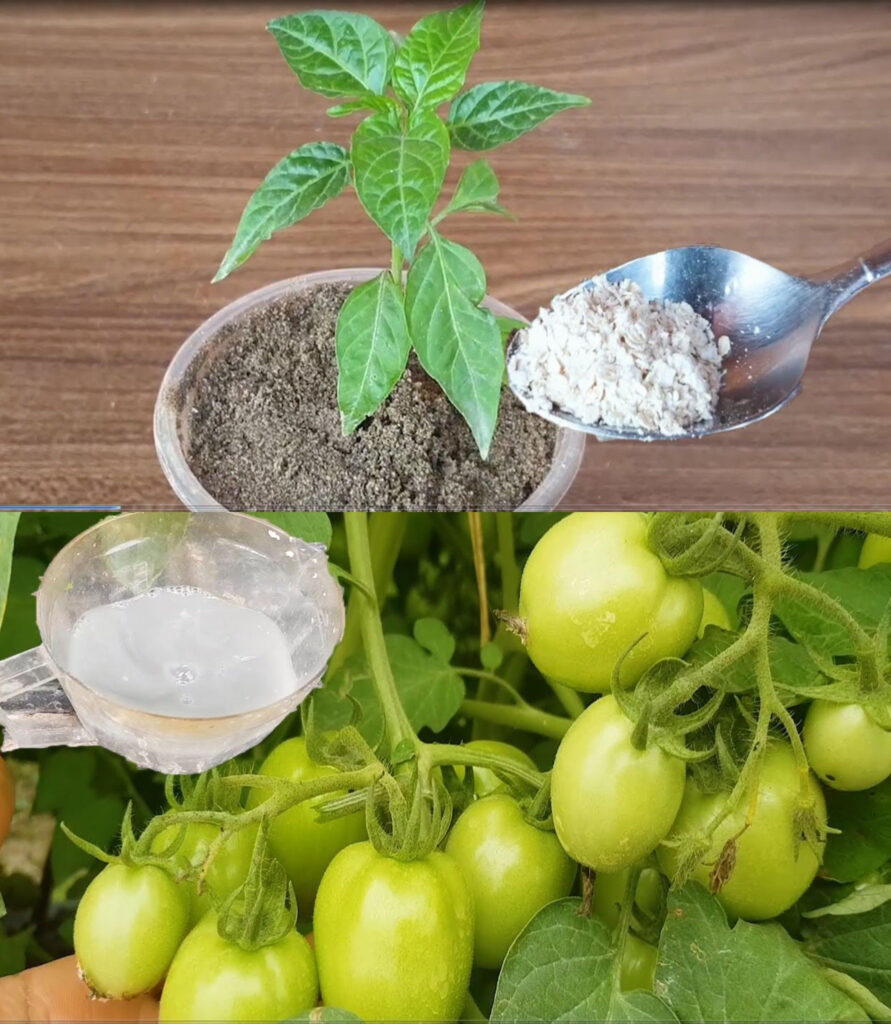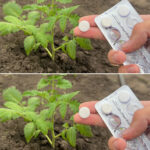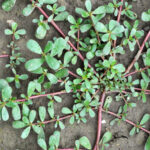Using baking soda in the garden can be a powerful, natural solution for several common plant problems. Here are five major benefits of using baking soda on plants and how to apply it effectively:
1. Fungal Disease Control
- Powdery Mildew and Other Fungal Infections: Baking soda can help control fungal diseases such as powdery mildew, black spot, and rust. It creates an alkaline environment on the plant’s surface, which is hostile to fungi.
- Application: Mix 1 tablespoon of baking soda with 1 gallon of water. Add a few drops of liquid soap (not detergent) to help the solution adhere to the leaves. Spray this mixture on affected plants, ensuring good coverage.
2. Insect Deterrent
- Repels Pests: Baking soda can help deter insects like aphids, spider mites, and ants. While it doesn’t kill these pests outright, it creates a less hospitable environment for them.
- Application: Combine 1 tablespoon of baking soda, 1 tablespoon of olive oil, and a few drops of liquid soap in 1 gallon of water. Spray this solution on plants where pests are present.
3. Improves Soil pH
- Soil Alkalinity: If your soil is too acidic, baking soda can help raise the pH level. This can be beneficial for plants that prefer more alkaline conditions, such as certain vegetables and flowers.
- Application: Sprinkle a small amount of baking soda on the soil around your plants and water it in. Use sparingly and test soil pH regularly to avoid over-alkalizing the soil.
4. Weed Control
- Suppresses Weeds: Baking soda can be used to manage weeds, particularly in cracks in walkways and patios.
- Application: Sprinkle baking soda directly onto weeds. The sodium in baking soda can dehydrate and kill the weeds. Be careful to avoid contact with desired plants.
5. Boosts Flowering
- Enhances Blooms: Some gardeners believe that a mild solution of baking soda can help improve flowering in plants like geraniums, begonias, and hydrangeas.
- Application: Dissolve 1 tablespoon of baking soda in 2 quarts of water and water your flowering plants with this solution once every few weeks.
General Precautions:
- Test First: Before applying any baking soda solution broadly, test it on a small area of the plant to ensure there is no adverse reaction.
- Use Sparingly: Overuse of baking soda can alter soil pH too much or harm plants. Use it judiciously and monitor your plants’ responses.
- Avoid Hot Days: Apply baking soda solutions in the early morning or late afternoon to prevent leaf burn in direct sunlight.
By using baking soda effectively, you can tackle several common gardening issues in a natural and cost-effective way.


